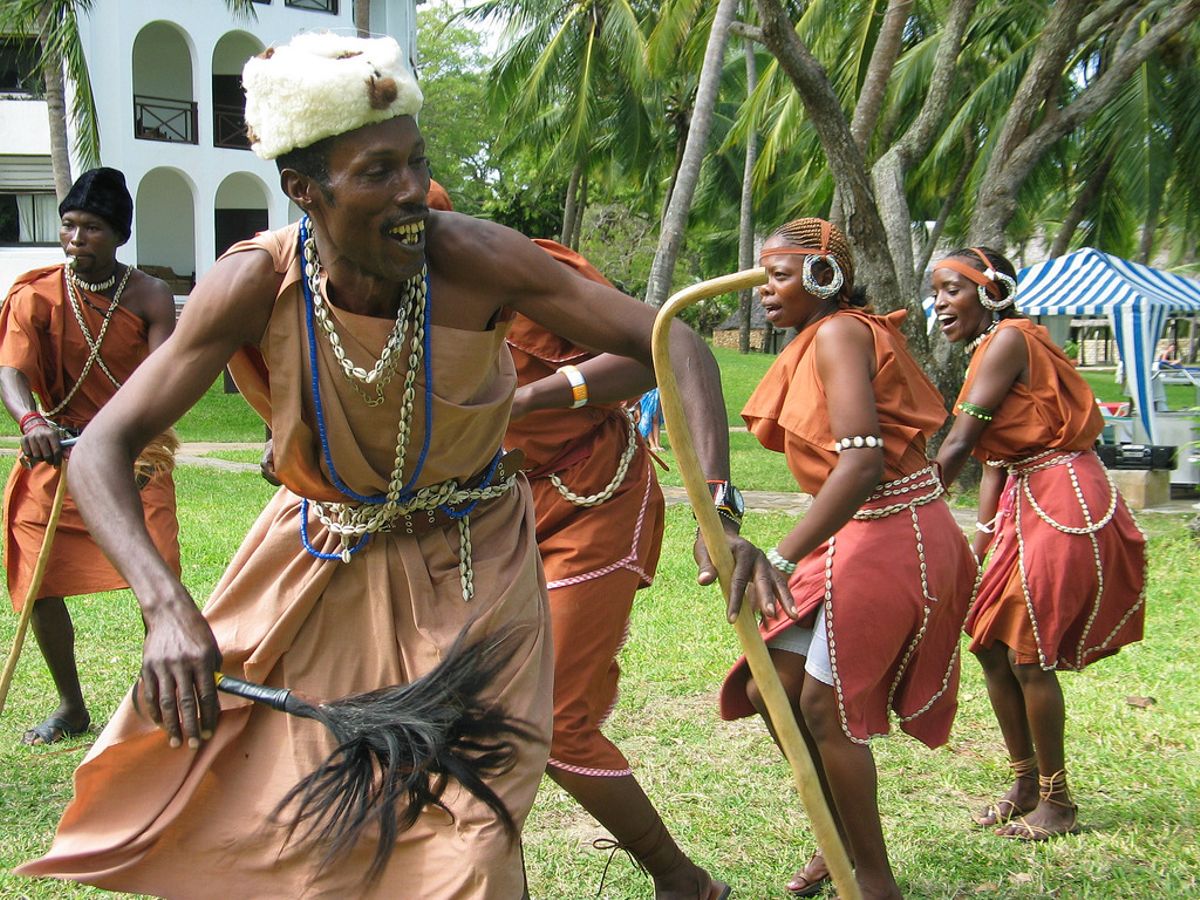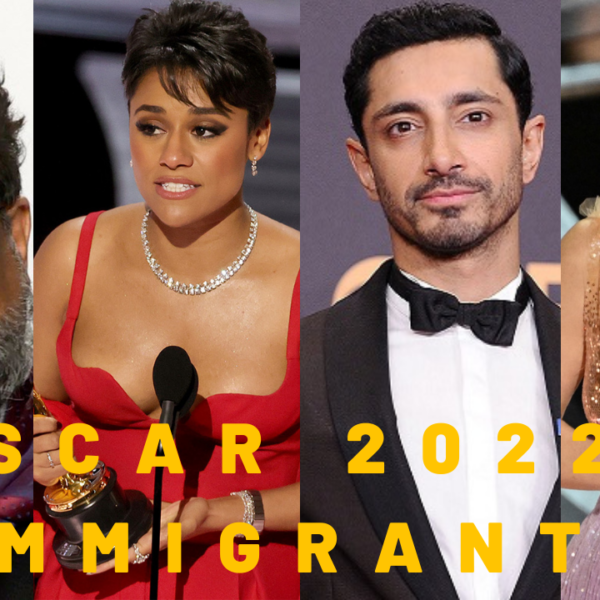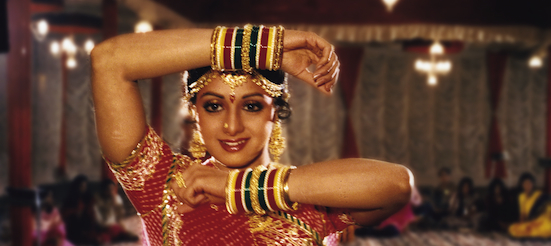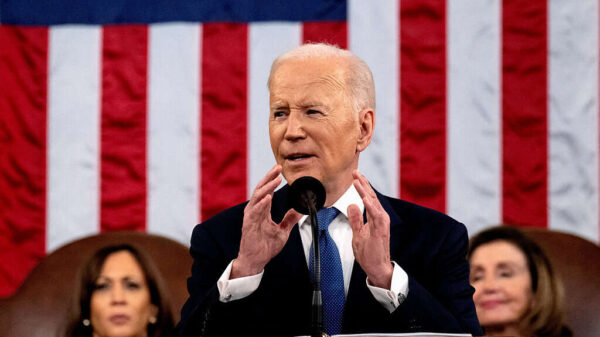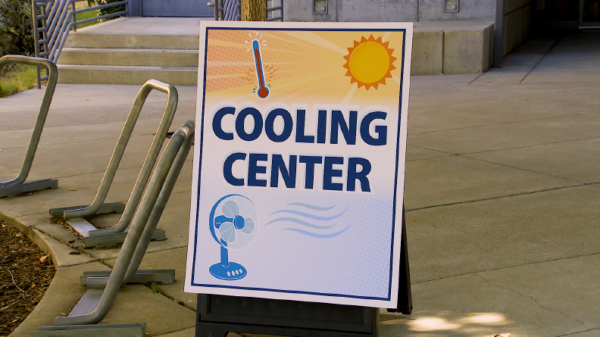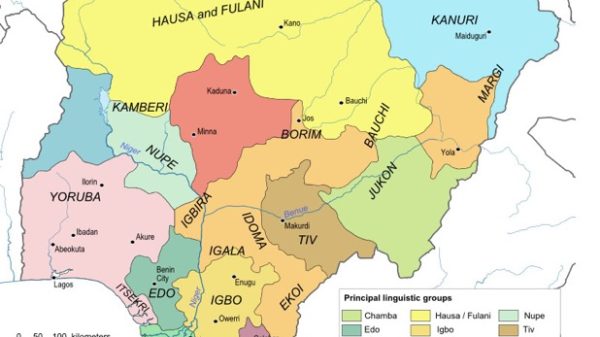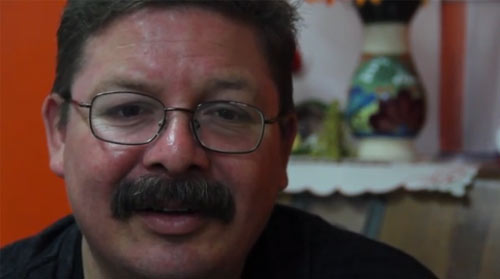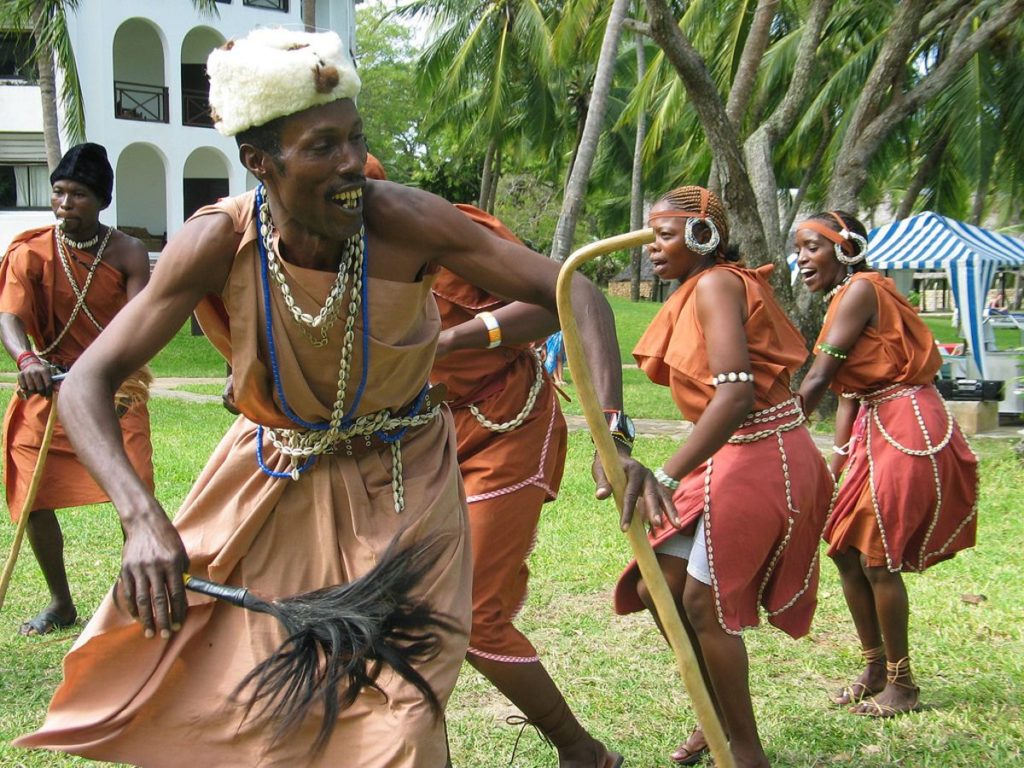
Magazine, The Immigrant Experience, By David Monda, Contributor to Immigrant Magazine
Attempting to run a vernacular African television station in the diaspora is a challenge. It is a challenge that presents itself as a riddle, wrapped in a mystery, inside an enigma. The plethora of issues for a television station using vernacular language are situated around message, identity, and profitability. This is the puzzle that confronts Jeremy Damaris, the owner and operator of Kikuyu Diaspora Television (KDTV). This media guru struggles to place a Kikuyu vernacular television station in the Kenyan media space in North America.
Kenya has had a challenging history with vernacular language. This has been the case since independence on December 12th, 1963. The first Kenyan President Jomo Kenyatta, was an ethnic Kikuyu. For the 15 years of his rule, the national perception in Kenya was that his ethnic henchmen established an intricate cabal that developed a stranglehold on national resources. Portioning vast sums of wealth to themselves and to Kikuyu dominated regions. Over time, politicians from the president’s region developed a superiority complex that poisoned the well of national public goodwill. The Kikuyu language was one of the vehicles used in this process.
Kiswahili was the national language and English was the official language. Over time however, there developed a national narrative in Kenya that because the first president’s cronies dominated the national political space, and crushed the opposition, the use of the Kikuyu language was seen as another superimposition of the narrow ethnic preferences from a minority of the country over the majority of Kenya. Kikuyu speakers make up about 7 million of the Kenyan population of 47 million. Being the largest ethic group, the use of their language in national discourse, deepened the ethnic, class and political differences in Kenya and in the diaspora community abroad.
This is the puzzle facing this dynamic media guru. How to place the Kikuyu vernacular language within the volatile national matrix that is the Kenyan diaspora community. Complex historical memories abound from non-Kikuyu ethnicities of domination and neglect from the national government. Mr. Damaris’ supporters see him as a vernacular media entrepreneur that is looking for new and unique spaces to place the Kikuyu vernacular language in the diaspora. To his detractors, Mr. Damaris is nothing more than an ethnic chauvinist looking to migrate decades of ethnolinguistic superiority on the part of the Kikuyu community in Kenya, into the diaspora.
Mr. Damaris is left in the unenviable position of not pleasing any of the Kenyan diaspora constituency if he shifts to the national language of Kiswahili. For lovers of the Kikuyu language, he appears as a sell-out, who does not have the temerity to stand by his core beliefs. To his detractors, moving to distribute his programming in Kiswahili, is a smokescreen for an original ethno-chauvinist agenda. He is doomed if he shifts his programming to Kiswahili, and doomed if he does not change his programming delivery from Kikuyu to Kiswahili.
Damaris has decided to stay true to himself and continue to broadcast in his native Kikuyu. He admits that broadcasting in Kikuyu is great for business on his YouTube channel. Time will tell how wise his choice to stick to Kikuyu vernacular in his broadcasting is. The question remains, what place should vernacular stations have in the diaspora landscape? Are they instruments to preserve cultural heritage or vehicles to sharpen ethnolinguistic cleavages for African migrant communities that have had decades of post-colonial conflict between them? What is true, is that the question of vernacular language in the African diaspora community broadly is both a bridge and a barrier to bringing the African community together.

